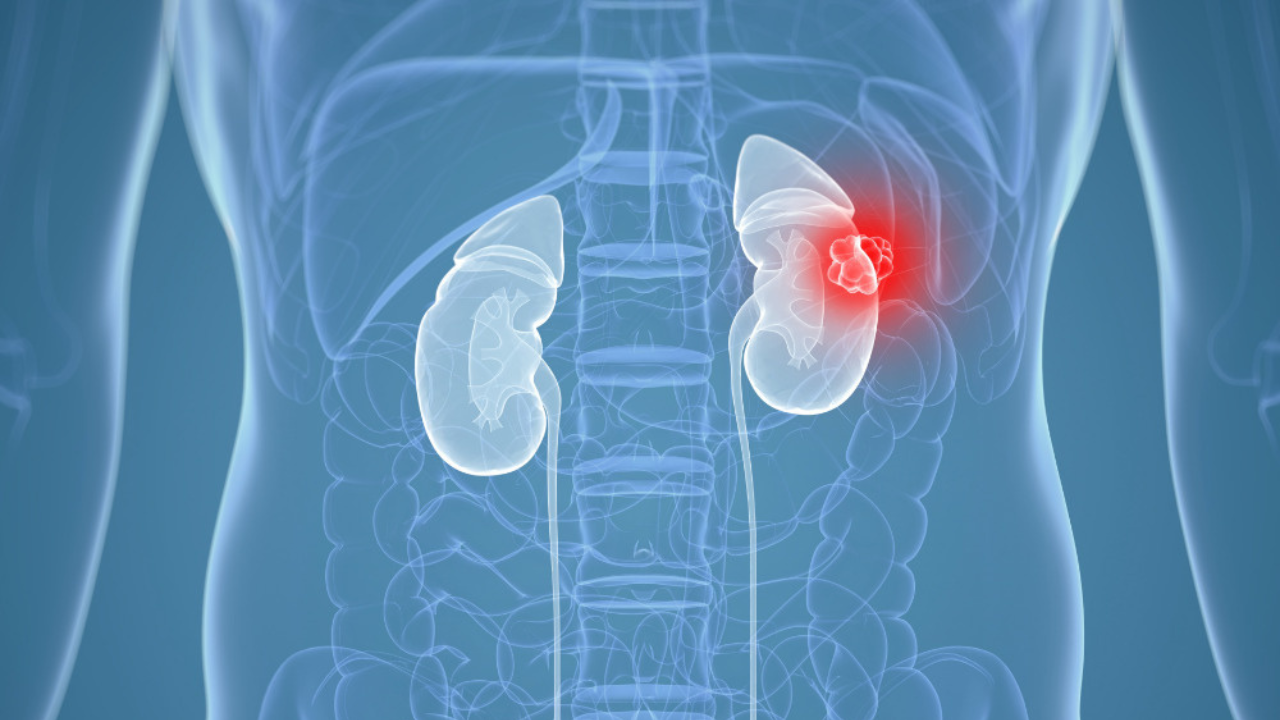Understanding the Impact of Kidney Cancer on Yours Health

Kidney cancer is a serious condition that affects not just your kidneys but also your overall health. It's crucial to understand how this disease can impact your body and what steps you can take to manage it effectively.
At its onset, kidney cancer may not manifest noticeable symptoms. However, as it progresses, it can lead to various symptoms that affect different parts of your body. These symptoms may include blood in the urine, lower back pain, fatigue, loss of appetite, swollen lymph nodes, unexpected weight loss, and fever unrelated to any illness. Moreover, if left untreated, kidney cancer can spread to other areas such as the bones, lungs, or brain, further exacerbating its impact on your health.
The Link Between Kidney Disease and Kidney Cancer
People with kidney disease may have a higher risk of developing kidney cancer, particularly those undergoing long-term dialysis or taking immunosuppressant medicines post-kidney transplant. Conversely, certain treatments for kidney cancer, like radical nephrectomy or cancer drugs, can increase the risk of kidney disease. It's essential to discuss these risks with your healthcare provider and understand preventive measures to lower your risk.
Types of Kidney Cancer and Their Effects
Kidney cancer can manifest in various forms, including renal cell carcinoma (RCC) and its subtypes like clear cell renal cell carcinoma, papillary renal cell carcinoma, and translocation renal cell carcinoma.
Additionally, there are benign kidney tumors that, while not cancerous, can still impact kidney function and overall health. Understanding the type of kidney cancer you have is crucial for determining the appropriate treatment and managing its effects on your body.
Treatment Options and Their Impact
The primary treatment for kidney cancer is surgery, which may involve either partial or radical nephrectomy, depending on the extent of the cancer. Other treatment options include thermal ablation, active surveillance, and advanced therapies like immunotherapy or targeted therapy for cases of advanced or recurrent kidney cancer. Each treatment comes with its own set of considerations and potential side effects, which can impact your overall health and quality of life.
Lifestyle Factors and Supportive Measures
Maintaining a healthy lifestyle is essential for managing kidney cancer and promoting overall well-being. This includes adopting a balanced diet, staying physically active, avoiding tobacco and excessive alcohol consumption, managing stress, and seeking support from healthcare professionals, support groups, and loved ones. Additionally, complementary and alternative medicine (CAM) practices can complement conventional treatments and help alleviate symptoms and side effects.
The Emotional and Social Impact of Kidney Cancer
In addition to its physical effects, kidney cancer can also take a toll on your emotional and social well-being. Coping with a serious illness like kidney cancer can lead to feelings of fear, anxiety, depression, and uncertainty about the future. Moreover, the stress of managing treatment schedules, financial burdens, and disruptions to daily life can further exacerbate these emotions.
Navigating Emotional Challenges
It's essential to acknowledge and address the emotional challenges that come with a kidney cancer diagnosis. Seeking support from mental health professionals, joining support groups, and leaning on friends and family for emotional support can provide valuable outlets for expressing feelings and receiving guidance. Additionally, practicing relaxation techniques such as meditation, mindfulness, or yoga can help reduce stress and promote emotional resilience.
Managing Social Relationships
Kidney cancer can also impact your social relationships and dynamics. Communicating openly with loved ones about your diagnosis, treatment plan, and emotional needs can foster understanding and strengthen your support network. However, it's common for some relationships to change or strain under the pressure of illness, and it's essential to prioritize self-care and boundaries in such situations.
Seeking Support
Many cancer treatment centers offer patient navigators who can assist you in navigating the complexities of kidney cancer treatment and provide valuable resources and support. These professionals can help you understand your treatment options, make informed decisions, and alleviate some of the burdens associated with managing your care. Additionally, organizations like the American Cancer Society provide a wealth of information and support services for individuals and families affected by cancer.
Early Intervention and Healthy Lifestyle for a Prolonged Life
While kidney cancer undoubtedly poses significant challenges, it's essential to remember that you're not alone in this journey. Remember to prioritize self-care, advocate for your needs, and lean on your support network for guidance and encouragement along the way.
Kidney cancer doesn't just affect your kidneys; it has far-reaching implications for your overall health and well-being. Understanding how this disease impacts your body, the available treatment options, and lifestyle interventions is crucial for effectively managing it. By working closely with KR hospital healthcare team, adopting healthy habits, and seeking support when needed, you can navigate the challenges posed by kidney cancer and strive for a better quality of life.
Have you experienced any symptoms that could indicate kidney cancer? Reach out to us at KKR hospital, cancer centre in Chennai and we can guide you through.
